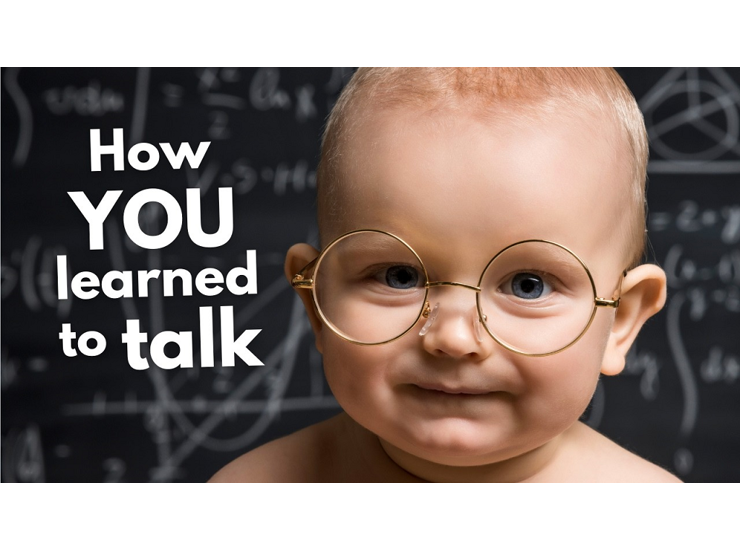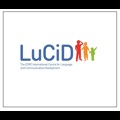
LuCiD's Julian Pine (University of Liverpool) was recently interviewed by the RobWords YouTube channel in an episode exploring how babies acquire language. He shared insights from his work on the early stages of language development. The thumbnail image shown above is courtesy of the RobWords YouTube channel.
The episode discusses several fascinating aspects of how children begin to learn language. These include why words for “mother” often start with an "m", why young children simplify “banana” to “nana”, and how infants can differentiate between languages before they are even born.
The reason you get things like ‘mama’ and ‘baba’ is because those sounds are easy to see when people are making them. They are both said with the lips, at the front of the mouth. It is no coincidence that many of children’s first words in English start with M, B, or D. D is not made with the lips, but it is also at the front of the mouth, with the tongue against the teeth.
The episode also encourages families to support developmental research by participating in local Babylab studies. These studies help researchers build a deeper understanding of early communication and learning.
You can watch the full video here.

